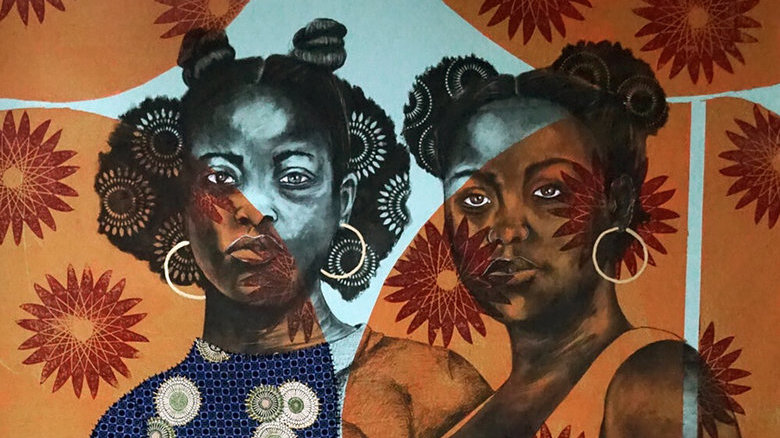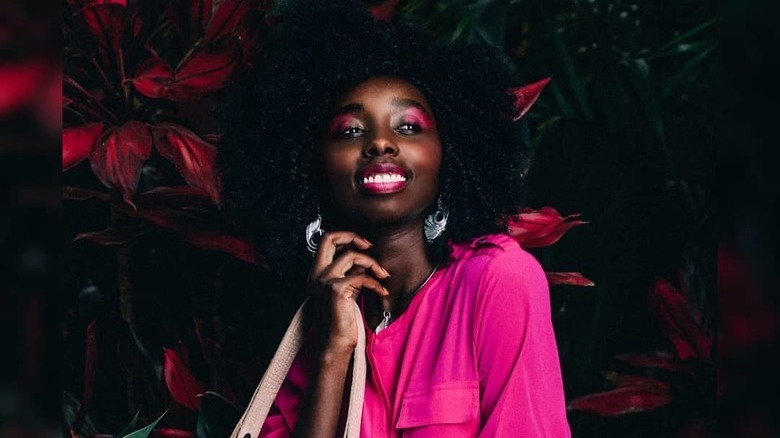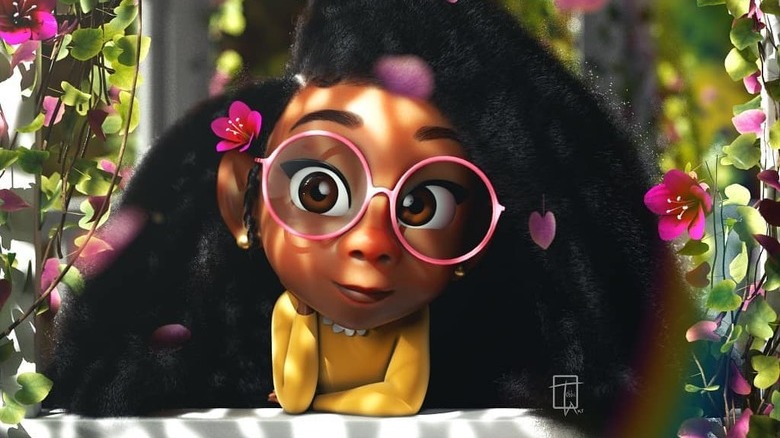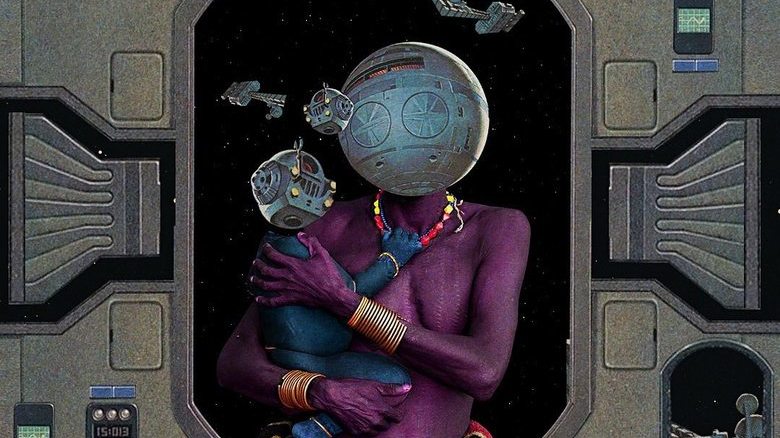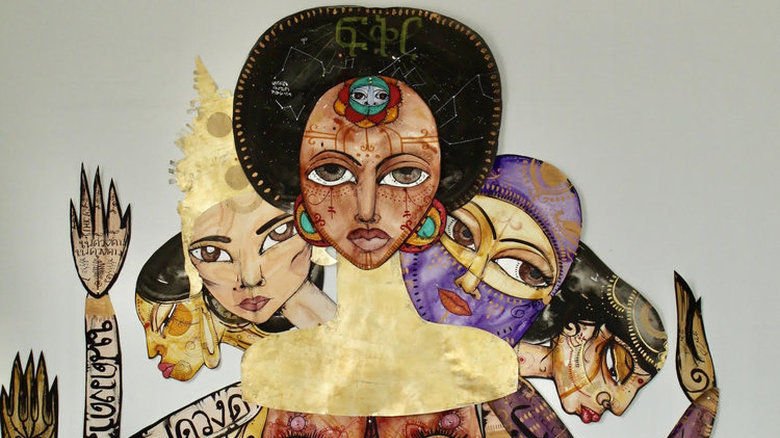Rahmatou Keïta : 'The future of cinema is in Africa'
Director and filmmaker from Niger Rahmatou Keïta, author of a rich internationally acclaimed filmography, is currently at the Cannes Film Festival to promote her new film "Zin'naariyâ!" (The wedding ring), which tells the love story of a man and a woman in the heart of the Niger desert. Contacted by phone, she returns to the genesis of her new 90 minutes movie.
Even if the Cannes Film Festival is far from easy, especially since it must promote her new movie, find distributors and sellers, Rahmatou Keita never seems tired. On the contrary. She appears in great shape, with her conversations often interspersed with laughter. On the phone, with her singing voice, she can talk for hours about her passion for cinema. But what interests above all this former France 2, France Inter and France 5 journalist, awarded several times for her work, is to tell stories that nobody talks about, especially on the African continent.
Over time, she gradually leaves out journalism. Not that she sulks her profession, but simply because the passion of the cinema ends up catching her. As if the pieces of the puzzle had assembled naturally for this author of many long reports and documentaries."I always say that my job is journalism and cinema my passion," she says. Today, she has no less than eight movies to her credit: "Djassaree, 1997", "Femmes d’Afrique", "Le Nerf de la douleur", "Une journée à l’école Gustave-Doré", "Les États généraux de la psychanalyse", "Al’lèèssi… une actrice africaine", and now "Jin'naariyâ!" that she intends to defend with all her energy.
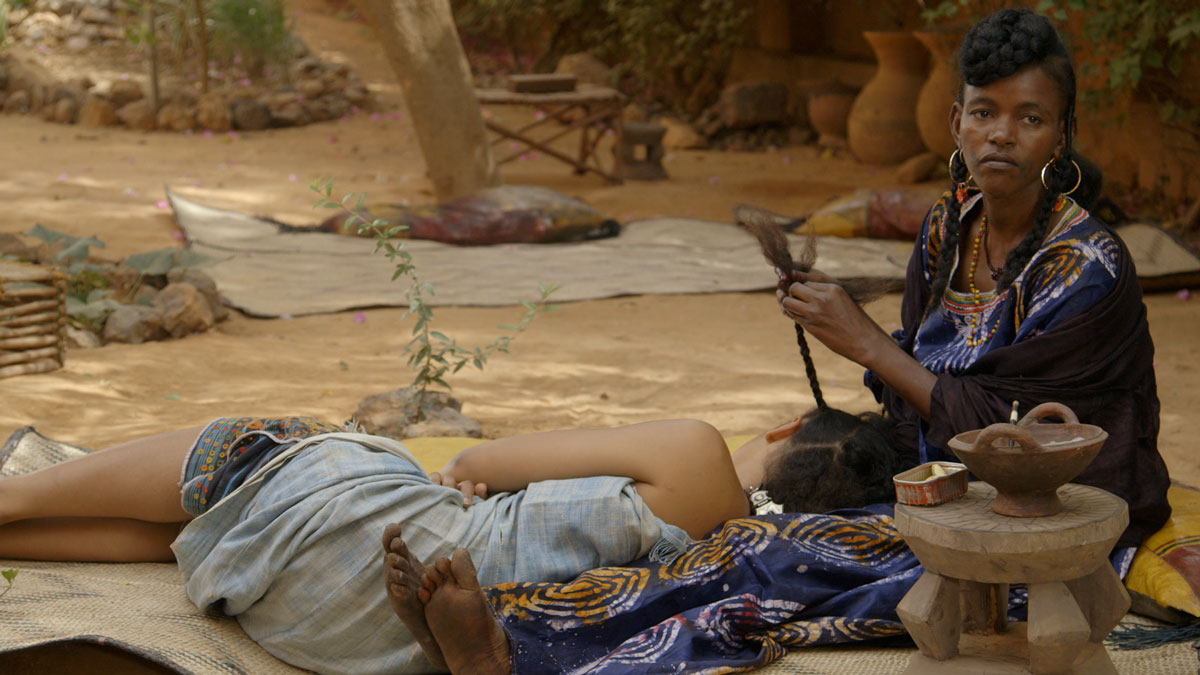
Can you come back on the preparation of your new movie Zìn'naariyâ! ?
First, I want to say that it is a 100% African movie. I brought Africa together around this film. It is therefore an African Union movie. It has been fully funded by some African countries, including Algeria, Niger, Congo Brazzaville, Rwanda, Morocco and Uganda. It took me eight years to find funding, one month for filming because the budget being limited, and one year for editing and post-production. It is also important to point out that regardless of the political orientations of the leaders of those countries that have agreed to finance the film, they are above all activists for Africa, who are sensitive to things that are disappearing on the continent.
How did you manage to convince all these countries to finance your project?
I was able to convince them by highlighting the importance of the image. I emphasized that the promotion of our cultures also involves the visuals. I am proud that all these countries were involved in making this movie possible. Moreover, the Pan-African Filmmakers Federation, which brings together all the Africa and diaspora filmmaking associations is creating, with the African Union, an African film fund, in order to grant financing to the filmmakers. I think it will come to fruition in the next two or three years.
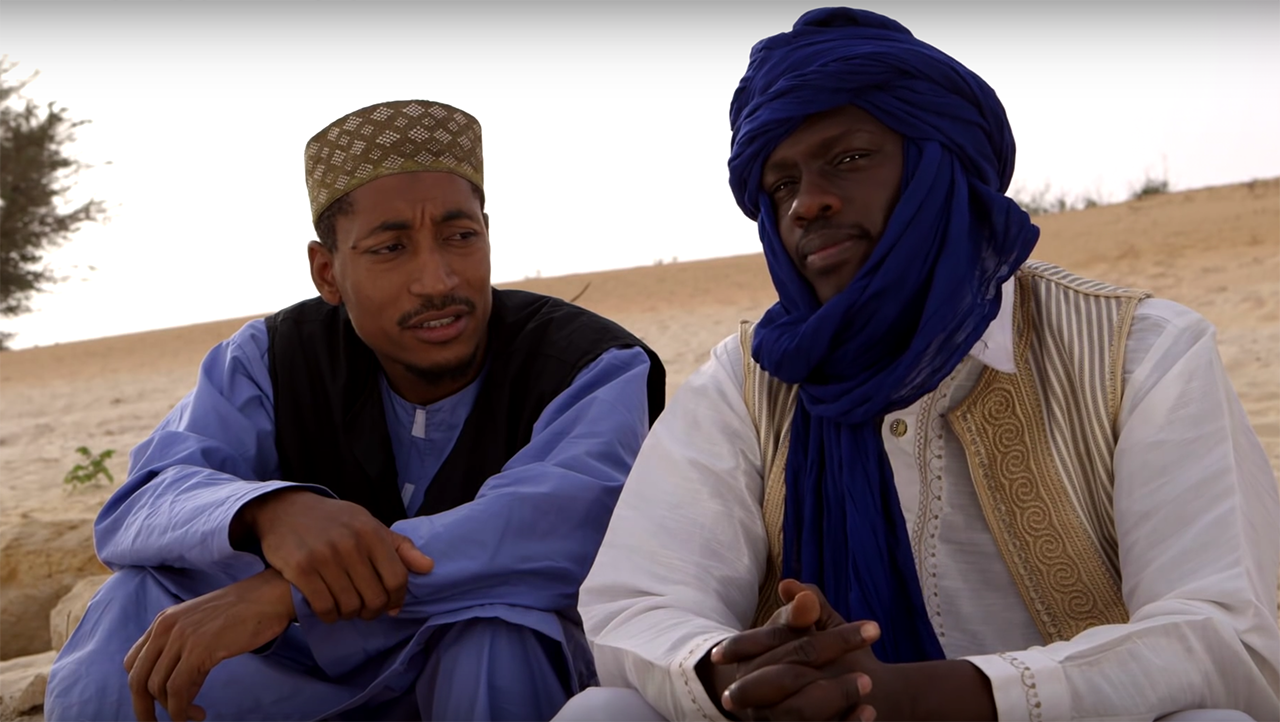
Can you tell us more about the love story your movie tells?
It's a love story happening in the Sahel, in the Niger sultanate of Damagarau, built around the 11th century. The movie takes place in a very beautiful setting, with very beautiful architectures, because Niger is also made up of ancient cities. I tell a story of Fulani love in a Hausa state, from Songhay’s point of view. They are people from very modest cultures. I tell this story with a lot of modesty. It's a love story with all these cultural codes. Through this film, I also talk about things that are disappearing in African cultures, because the West is a steamroller that imposes its way of life to the world. In reality, behind this movie, there is the desire to preserve men and women, cultures and ways of life. If all this dies, the world also dies, because it is inspired by African cultures.
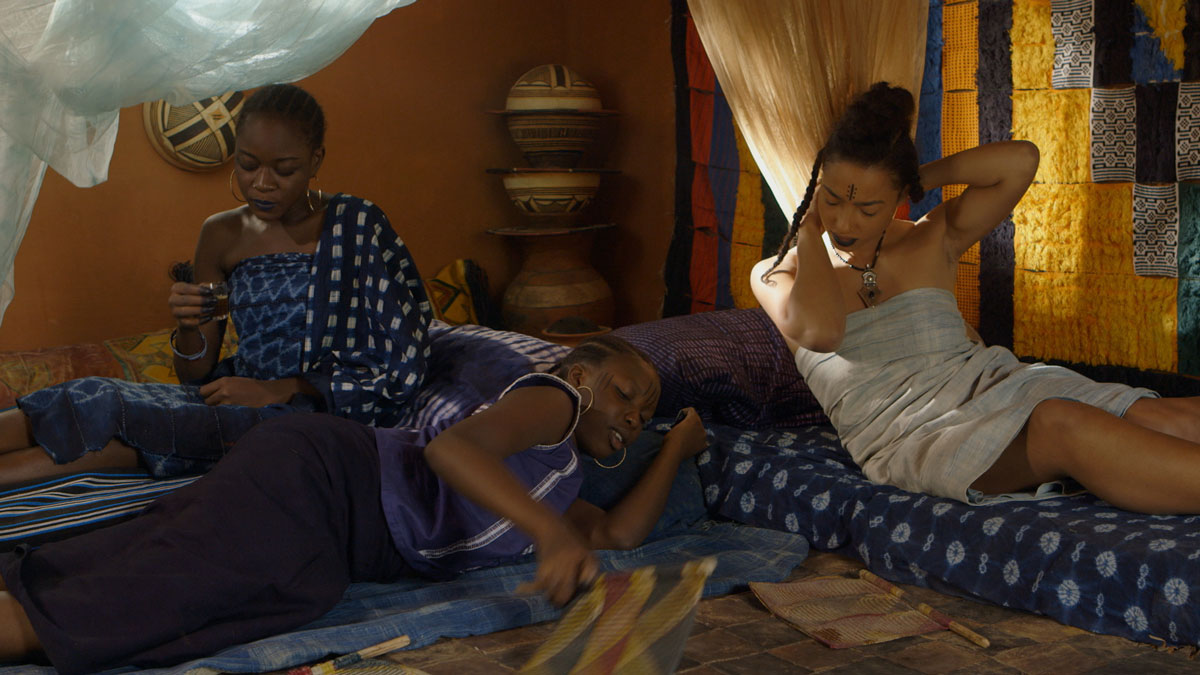
What do you mean by that?
The West wants to standardize the world, to model it in its own way. If the West kills the cultures of Africa, it will die because it will have nothing to eat. Take the computer language, you must know that it is inspired by the way pygmies calculate, on a base two. Today, we are killing pygmies that are disappearing because of the deforestation that destroys their way of life.
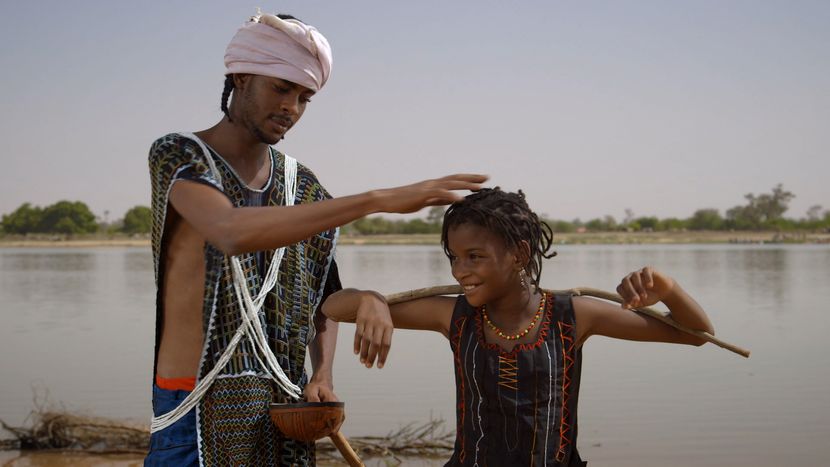
Why preserving cultures in Africa is so important to you?
I think there is something for all these endangered crops to do. And I myself play my survival because it is these cultures that have nourished me and it is with them that I can feed my children. My movies are my testimony to the world. What good is it to copy the cinemas of others when we have so much to tell about Africa? The future of cinema is in Africa. The future is in Africa. Everyone is going to Africa while Africans are fleeing Africa. There is something wrong. It is necessary that through cinema, Africans show what they are. It's always the others who show who they are, it does not make sense. Africans have survived despite dramas, invasions and a lot of weather damage. Some peoples have disappeared for less than that. Africans have a spirituality, strength and energy that has allowed them to overcome many dramas. It's up to them to reveal who they really are.
Check the trailer of Jín'naariyâ! below

